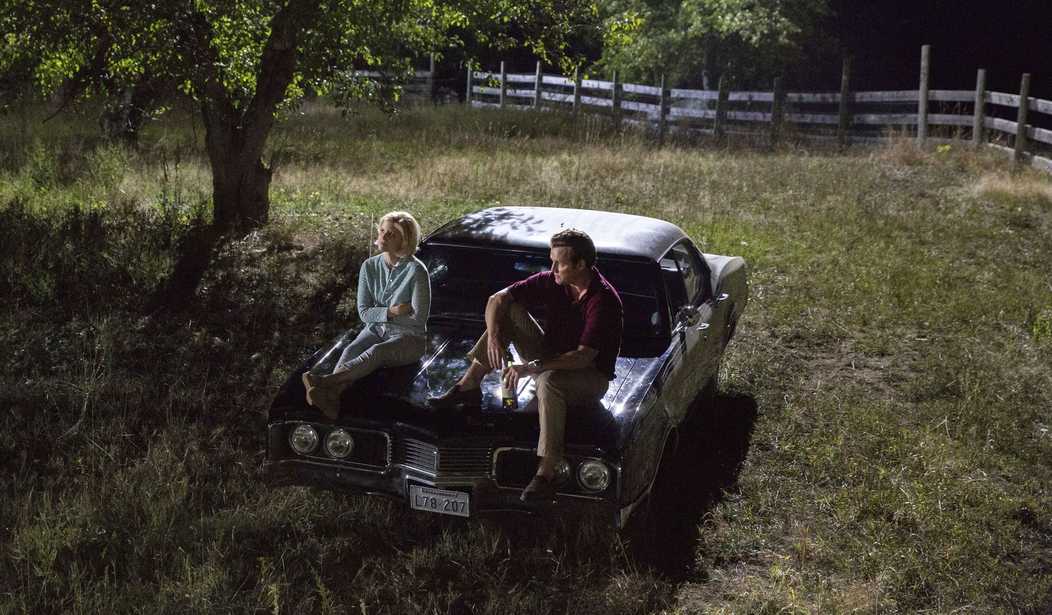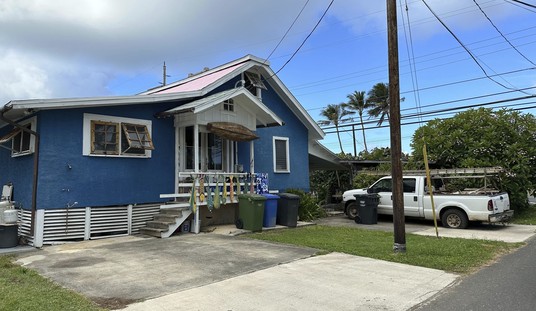This column was co-authored by Scott Mauer.
By early 1969, Senator Edward “Ted” Kennedy had huge shoes to fill. He was the youngest brother of President John F. Kennedy and Senator Robert Kennedy. Both had died in a span of five years from an assassin’s bullet for completely unrelated reasons. He was also the brother of Joseph Patrick Kennedy, Jr., who’d been a Navy flyer killed in action in 1944, over England. All died heroically for their country.
On Friday, July 18, 1969, Ted Kennedy’s reputation was forever marked, continuing a family curse. This time, though, it was not his death but that of another person, that emblazoned his name on the front pages. A little aftermidnight, Kennedy lost control of his car off Dike Bridge, on Chappaquiddick Island, Massachusetts. He and his 28-year old passenger, Mary Jo Kopechne, plunged into the water. Ted managed to escape and to leave the crash . . . without reporting it for ten hours. He went back to his hotel and slept. “I had not given up hope all night long that, by some miracle,” he said later in a testimony, “Mary Jo would have escaped from the car.” She did not. Mary Jo, whose body was recovered the next day, drowned that night in that car.
The incident rocked and besmirched the star crossed but heroic Kennedy legend. Teddy and Mary Jo had been at a party of RFK campaign workers called the “Boiler Room Girls” earlier that evening in Martha’s Vineyard. The Vineyard was long known as the playground of the rich and famous. And entitled. Joan Kennedy was not at the party.
The day after, a teenage boy and his father who were visiting Long Island, got word of the tragedy. Having come from a family who were in love with all-things Kennedy, they were taken aback. A retired old fisherman who was renting out boats, looked to these two, and asked, “Have you heard about Kennedy, what he did?” Provocatively, this old salt remarked, “If we had done that, we would be in jail forever.” It tarnished any excitement about the Kennedys and any excitement the father and son had in anticipation of the moon landing, which was to occur only two days after the accident.
Recommended
Kennedy pleaded guilty on July 25 to leaving the scene of a fatal accident, and was given a suspended sentence. Judge James Boyle remarked, Ted “has already been, and will continue to be punished far beyond anything this court can impose.”
Vapid words. A woman was dead. Ted’s life would go on. Entitled.
Ted’s wife, Joan, soon after suffered a miscarriage – her third – and placed the blame solely on Chappaquiddick and on Ted’s apparent and now-public infidelity. Fake satirical ads from National Lampoon magazine mocked him, with a photo of a half-submerged Volkswagen, the caption read “If Ted Kennedy drove a Volkswagen, he’d be President today.” Time magazine reported a joke already making the rounds: “Would you let [President Nixon] sell you a used car?” one Democrat asks another. "Yes,” he’d reply, “but I sure wouldn't let that Teddy drive it.”
Joan Kennedy later descended into a sad state of alcoholism and she blamed Teddy for this as well. So many over the years became nothing more than the flotsam and jetsam on the beach of Kennedy ambition and entitlement.
Senator Kennedy refused to pick up the banner of his brother Robert’s fallen standard in 1968. He was reelected in the 1970 midterms, with 62 percent of the vote, nearly half a million more than Republican Josiah Spaulding. His political ambitions for president were briefly stalled – he shied from running in 1972, and specifically declined George McGovern’s request to be his running mate. He refused a 1976 presidential run, as well. Instead, he chose to run for the 1980 Democratic nomination. A good decade had passed since the accident. The United States was in a midst of a horrid economic crisis, the worst since the Great Depression, with both inflation and stagnation – thus creating a new portmanteau, stagflation, a seemingly impossible combination. The Soviet Union was on the march and winning; oil prices were rising, and Iran held American embassy employees hostage. It was time, Kennedy thought, to move on from Chappaquiddick. There were other priorities on which to focus.
CBS’s Roger Mudd was one of the first to interview candidate Kennedy on November 4, 1979. Mudd was a Kennedy family friend but the entire hour-long interview of Ted was wordy and discursive. “Why do you want to be president?” Mudd asked. The response time could have been reduced by half if Kennedy had omitted the “ums” and “uhs” and pauses. This was supposed to be the easiest question of them all, and Ted fumbled it. When asked about Chappaquiddick, and whether anyone believed his side of the story, he responded just as poorly.“Oh, there’s, the problem is, from that night, I, I found the conduct, the behavior almost beyond belief myself. I mean that’s why it’s been, but I think that’s the way it was. Now I find that as I have stated that I have found the conduct that in, in that evening and in, in the, as a result of the accident of the, and the sense of loss, the sense of hope, and the, and the sense of tragedy, and the whole set of circumstances, that the behavior was inexplicable. So I find that those, those, types of questions as they apply to that, questions of my own soul, as well. But that happens to be the way it was.”
What? Great answer . . . It was a rambling mess and he had the audacity to portray himself as a victim. Entitlement struck again.
In January of 1980, the Washington Star and Reader’s Digest ran stories that disproved Kennedy’s side of the accident. There was no strong current, as the Senator claimed, that stopped him from trying to rescue Mary Jo. In fact, the tide was slowly moving in. Further, it was proven that Kennedy was driving erratically over a rickety one-way bridge, well over the speed limit, contradicting his testimony.
It was a ghost that kept haunting him. He tried to downplay it, using the tragedies of his brothers’ deaths to his advantage. “I’ve been under a lot of stress, too,” said one observer, interviewed by the media. “I’ve lost some family, too, but that doesn’t make me qualified to be president.” Still, it wouldn’t go away. President Jimmy Carter alluded to it early on, saying that he never “panicked in the crisis,” unlike his opponent. In late February, 1980, right before the New Hampshire primary, a high school student asked Teddy about Chappaquiddick, and again, Kennedy gave a tedious, non-answer.
The Democratic primaries, which might have gone to Teddy, went mostly for Carter in part because of the hostage crisis. Of course, Ted got Massachusetts by 65 percent; that was a no-brainer. Georgia went to native Jimmy Carter with nearly 90 percent. Those were the obvious bets. New Hampshire went to Carter, nearly 50 percent; Maine caucuses went to Carter, as did Iowa’s. So did Vermont, Alabama, Florida, Puerto Rico, Illinois, Kansas, Wisconsin, Louisiana and Texas. In total, Ted only won 12 primaries with 37 percent of the popular vote nationwide. This was against a failed presidency, and in a country in crisis. The entitled Kennedy could not beat that.
And yet there’s a contradiction here. Kennedy failed to become president – he failed to become a nominee for the president – yet he held office, until his death, as one of the longest-consecutive serving senators in United States history, nearly 50 years. He died at the age of 77, making this congressional run a majority of his life. Chappaquiddick could have genuinely been a mistake, a fatal tragedy that cost the life of a young woman; however the actions following are not in question. Kennedy died in 2009, sodden, grotesquely overweight, an alcoholic celebrated by the scions of liberal society and buried in Arlington. He lies amidst the thousands of real heroes, many of whom saved women and did not leave them to die.
Some years ago, some in Hollywood tried to make a movie on Chappaquiddick based on the meticulously written book, Death at Chappaquiddick, by the estimable duo of Tom Tedrow and his son, Tom Tedrow, Jr. the entitled Kennedy family, still strong and influential, reached out and swatted it away. Blissfully, not this time. The story is finally being told.
Mary Jo Kopechne’s story has been lost amid the fable and ersatz of the celebrated Kennedys. She died because of Ted Kennedy’s incompetency and his cowardice. She died because he was entitled and thought he could get away with it.
And he did.

























Join the conversation as a VIP Member